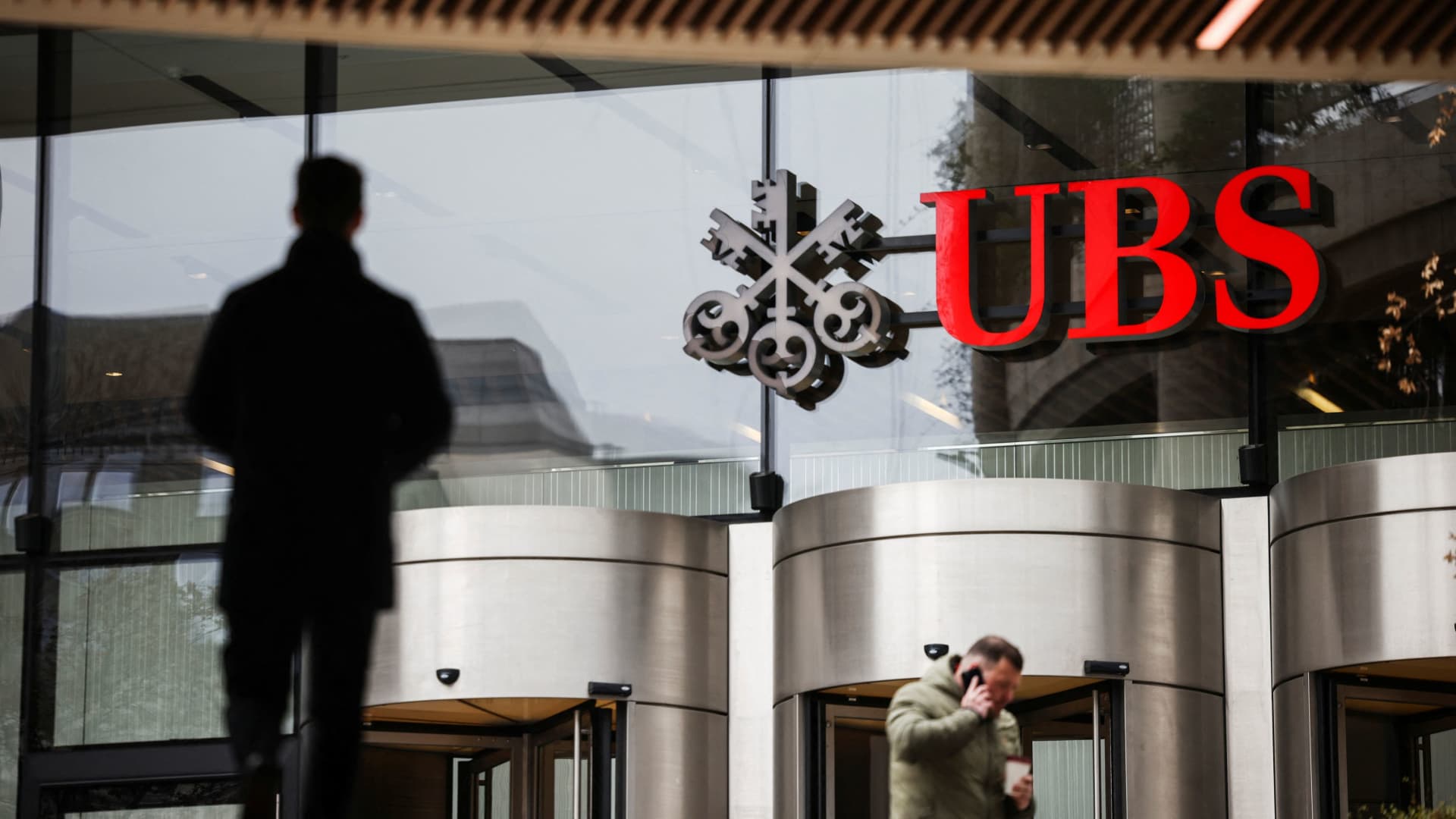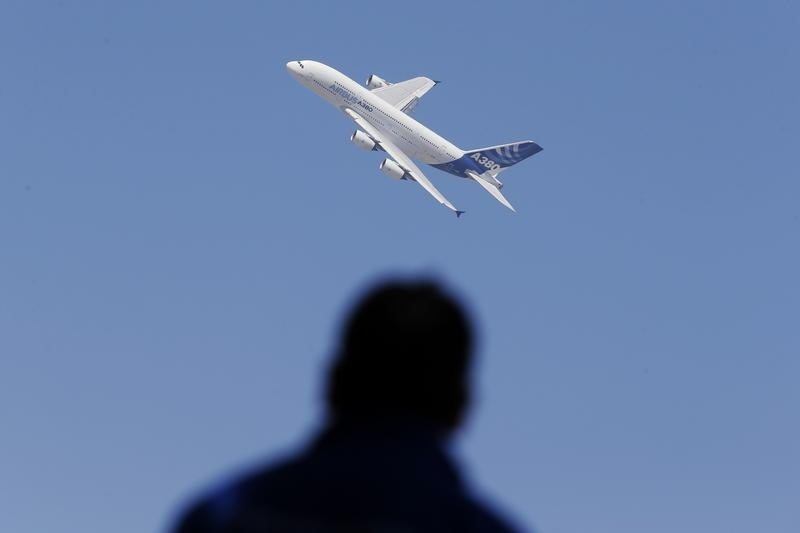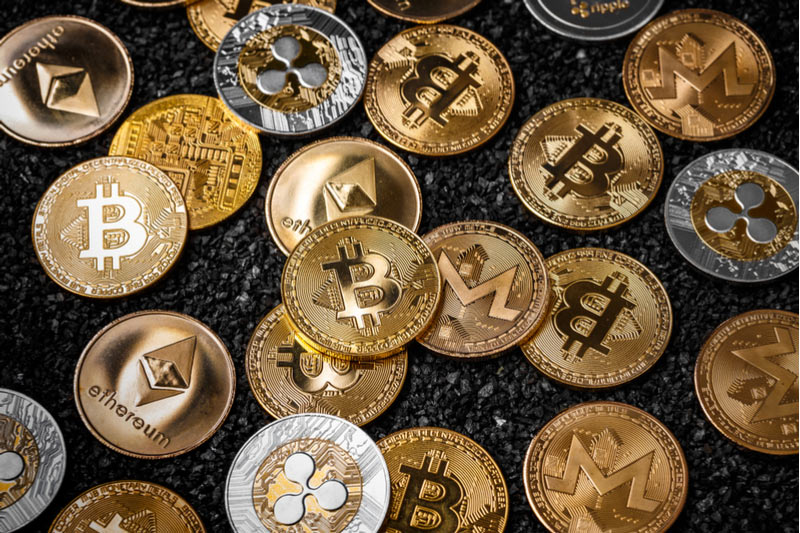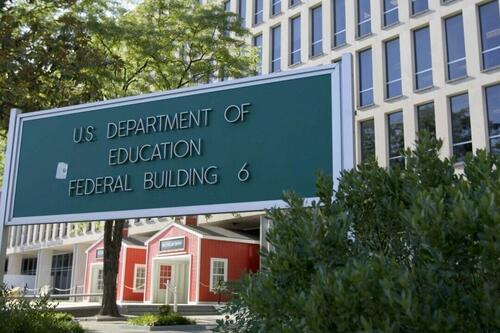The much-anticipated G20 foreign ministers meeting concluded in New Delhi on Thursday. Over 40 delegations, including the foreign ministers of almost all the G20 nations, travelled to India, which holds the G20 presidency this year. The meeting’s outcomes were a mixed bag. Mint breaks them down for you.
- The G20 foreign ministers meeting was the second ministerial meeting of India’s G20 presidency after the finance ministers meeting, which concluded in Bengaluru in late February. The latest meeting saw the world’s top diplomats, including US Secretary of State Antony Blinken, Chinese Foreign Minister Qin Gang and Russian Foreign Minister Sergei Lavrov descend on New Delhi.
- The situation could hardly have been more complicated. Russia and the West remain locked in a fierce struggle in Ukraine, while tensions with China persisted as a result of the spy balloon saga, which resulted in the cancellation of Blinken’s planned visit. In his welcome remarks, Prime Minister Narendra Modi acknowledged the divisions among G20 members but urged nations to cooperate in the interests of the wider world.
- The results were a mixed bag. Member countries were unable to agree on a joint statement as Russia and China opposed the inclusion of language critical of Moscow’s invasion of Ukraine. External Affairs Minister S Jaishankar acknowledged that India was unable to secure an agreement despite strenuous efforts.
- Instead, a summary document was released. With the exception of Ukraine, the foreign ministers agreed on a range of challenges, including food security, reforming multilateralism, and protecting biodiversity.
- The meeting also proved a mixed bag for India’s G20 presidency. At a time of geopolitical crisis, New Delhi was able to project itself as a major centre of global affairs by hosting the world’s most influential diplomats. New Delhi also hosted a brief but crucial meeting between Blinken and Lavrov on the sidelines of the event. It was the first time they had met since Russian troops marched into Ukraine last year.
- Despite this, disagreements over the war in Ukraine threaten to overshadow India’s moment in the sun. Two of the most high-profile meetings of India’s one-year presidency of the G20 have ended without an agreement on the Ukraine war. While the war is one among a host of challenges, it is among the most pressing issues, given its impact on financial stability, energy prices and relations between the great powers.
- New Delhi may also be worried about the path ahead. During last year’s G20 summit in Bali, India and Indonesia managed to secure a joint statement from member countries that included language critical of Russia’s war in Ukraine. China agreed to back the statement in Indonesia while Russia’s Foreign Minister Lavrov had already left the meeting.
- In New Delhi, both Russia and China have now refused to back the Bali Declaration. This leaves India the unenviable task of trying to seek agreement on Ukraine by walking a tightrope between the West, which insists on stringent criticism of Moscow, and Russia and China.
- However, New Delhi may also be inclined to take the view of Blinken, who saw it as “not making a big difference” if countries could not agree to a joint statement because of Ukraine. Blinken implied that 18 of 20 countries criticising Russia’s war in Ukraine was evidence of effective multilateralism at work.
Download The Mint News App to get Daily Market Updates.
More
Less















